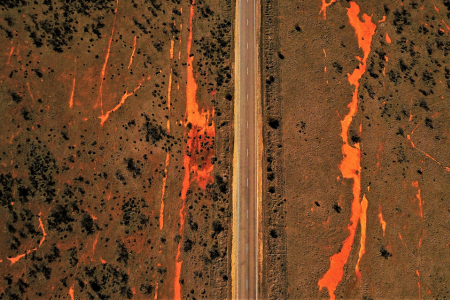We are focused key areas where Digital Finance can have the maximum impact
The DFCRC’s research strategically targets the most prominent challenges needed to progress the field of Digital Finance, as identified by our industry network. It also supports the asset class ‘verticals’ that DFCRC has chosen to focus on (natural assets / impact investments, key minerals for decarbonisation, and financial markets infrastructure), as areas of large impact potential.
Central Bank Digital Currency
The Australian CBDC research project reflects our dedication to leading evolution of financial systems and introducing cutting-edge solutions in Australia’s economic landscape.
Our verticals are supported by four high-impact research streams
Contact us
Contact the Digital Financial CRC to be connected to
the next wave of finance transformation.



